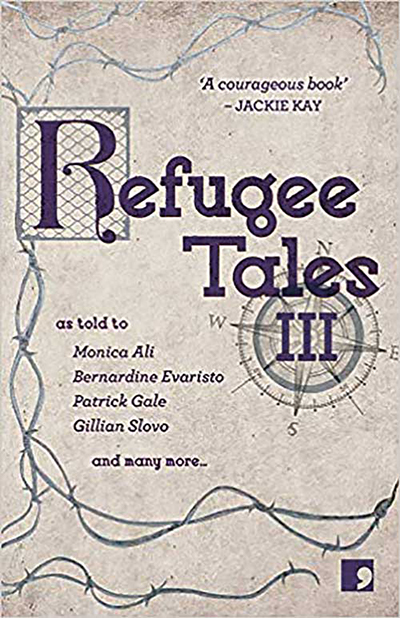Melatu Uche Okorie isn’t afraid to speak the truth. In her debut collection of short stories This Hostel Life, she draws on both her Nigerian culture and her experience as a migrant in Ireland and the everyday racism she has encountered. This slim volume belies its impact and in these stories which are all, at core, about a loss of power, Okorie deftly reclaims ownership of her own story.
In the story which gives the book its title she writes about the ramshackle, multicultural community of a direct provision hostel brought together by arbitrary rules, enforced shared space and routine, gossip about The Real Housewives and then finally disbanded by one woman’s determination that she might be allowed one small liberty.

It is written, the introduction explains “from the point of view of a Congolese woman for whom I created a language, a mixture of Nigerian pidgin English and some American slang words which she speaks in a strong Kinsala accent”. Okorie delivers this with a technical ease and creative skill far beyond her experience. Indeed, the language in this volume, though always linked by uncompromising directness, changes for each story, perhaps also mirroring the many identities that Okorie finds herself now inhabiting: immigrant, scholar, author.
This expected multiplicity is further explored in ‘Under the Awning’, in which she frames a story about one women’s experience of endemic, systematic racism in Ireland within a writing workshop where each of her fellow students asks for something different, something less confrontational and uncomfortable from the tale.
But if this collection is anything to go by Okorie is unafraid of critics. She writes the truth unapologetically and with great courage in this vital, urgent and compelling book.
Fighting for agency where every shred is denied is also a recurring theme in the outstanding third volume of Refugee Tales.










